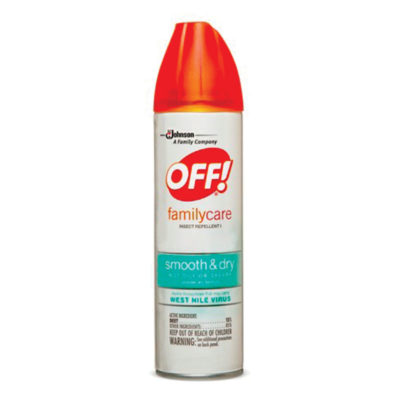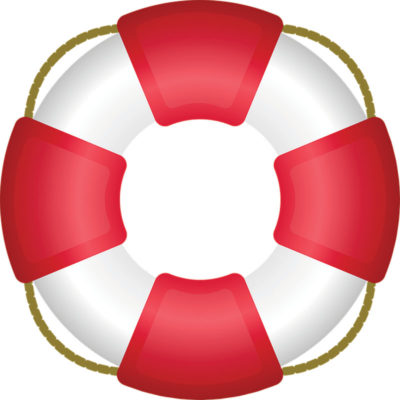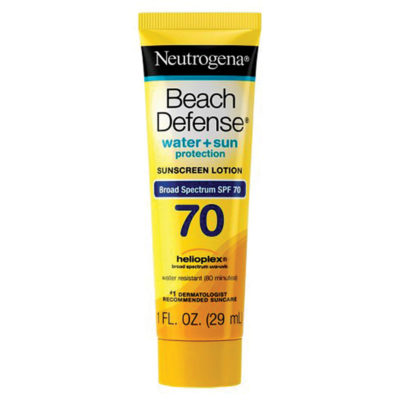
Summer is a great time to relax and enjoy the great outdoors with your family and friends. But if you lack any sort of common sense, that great time will most likely turn into a dud. Here are some tips to stay safe this summer.
You can get a sunburn any time during the year—even during the cold winter months. However, sunburns are a lot more painful and prevalent during the summer. It’s always a good idea to apply sunscreen year round to protect your skin, which can lead to more problems like skin cancer if you don’t. With the sun’s rays being at their strongest between 10 a.m. and 4 p.m., use a sunscreen with an SPF of 30 or higher. Your skin will thank you later.
It’s extremely important to stay hydrated during the summer, especially since you lose a lot of your body’s water through sweat. Plus, some people are more sensitive to the sun’s stronger rays during the summer months making heatstroke and heat exhaustion a possibility. Dehydration is just one cause of both of those serious health issues. It’s difficult to pinpoint a specific amount of water someone should drink each day during the summer because everyone is different. However, health officials recommend that a person should drink an average of eight 8-ounce glasses a day. Remember to drink that water, folks.
Once the summer months roll in, we all know that it’s time to bust out the fireworks. Although fireworks look pretty when they light up the night’s sky, there’s nothing pretty about blowing one of your appendages off. When it comes to fireworks, it’s always good to be on the safe side. The National Council of Firework Safety recommends that people should light one firework at a time and then quickly move away and to never relight a dud firework. It’s also a bad idea to experiment with homemade fireworks because of their unpredictability. Lastly, never carry fireworks in your pocket or shoot them into metal or glass containers. According to the United States Consumer Product Safety Commission, in 2016 fireworks were involved in an estimated 11,100 injuries in U.S. hospital emergency departments.
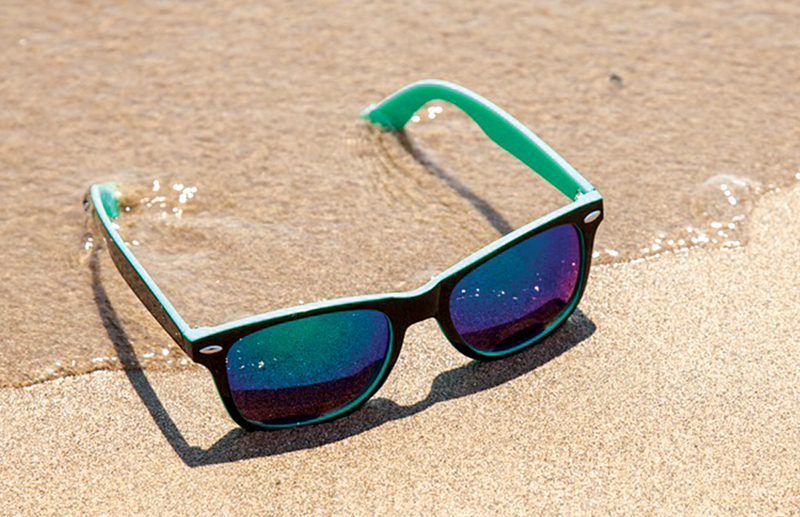 Local beaches and community pools are usually packed during the summer. Far too many times, there are news reports of children and adults drowning because they weren’t supervised or because they didn’t listen to beach rules. Rip currents are usually the main culprit for beach drownings. Rip currents are powerful, channeled currents of water flowing away from the shore that quickly pull swimmers out to sea. If caught in one, fighting it makes it worse. Swim parallel to the shore and swim back to land at an angle. According to the National Oceanic and Atmospheric Administration (NOAA), rip currents are the reason behind more than 80 percent of lifeguard rescues. Always remember to swim at beaches with lifeguard supervision. Also, know your limits. If you know you can’t swim in a certain amount of feet of water, don’t do it. Don’t put your life and the lifeguard’s life at risk.
Local beaches and community pools are usually packed during the summer. Far too many times, there are news reports of children and adults drowning because they weren’t supervised or because they didn’t listen to beach rules. Rip currents are usually the main culprit for beach drownings. Rip currents are powerful, channeled currents of water flowing away from the shore that quickly pull swimmers out to sea. If caught in one, fighting it makes it worse. Swim parallel to the shore and swim back to land at an angle. According to the National Oceanic and Atmospheric Administration (NOAA), rip currents are the reason behind more than 80 percent of lifeguard rescues. Always remember to swim at beaches with lifeguard supervision. Also, know your limits. If you know you can’t swim in a certain amount of feet of water, don’t do it. Don’t put your life and the lifeguard’s life at risk.
When the weather warms up, many families head outside for hikes or for camping. Unfortunately, many different bugs such as ticks come out as well. Ticks are most active from April to September—a prime time for Lyme disease and other serious diseases. Ticks are present throughout the majority of the eastern United States and tend to live in wooded areas along forest trails. If you don’t want Lyme disease, then make sure to cover up and wear light clothing, use insect repellent with a 20 percent or higher concentration of DEET and check yourself, your children and even your pets for ticks.
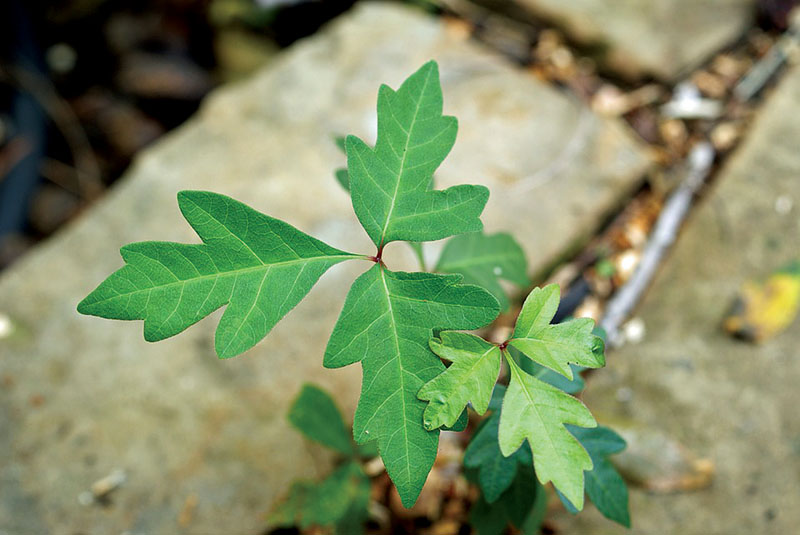
While enjoying the outside weather be sure to be careful of the type of plants that are around. Poison ivy is around during the entire year and changes colors during the different seasons. In the summer, poison ivy leaves are green. Most people break out in a rash when they come into contact with poison ivy with symptoms appearing 24 to 72 hours after exposure. If you think you’ve been in contact with poison ivy, wash all your clothes, shoes, socks, pets and toys that may have become contaminated. To help stop the itching, you should also try using calamine lotion.

